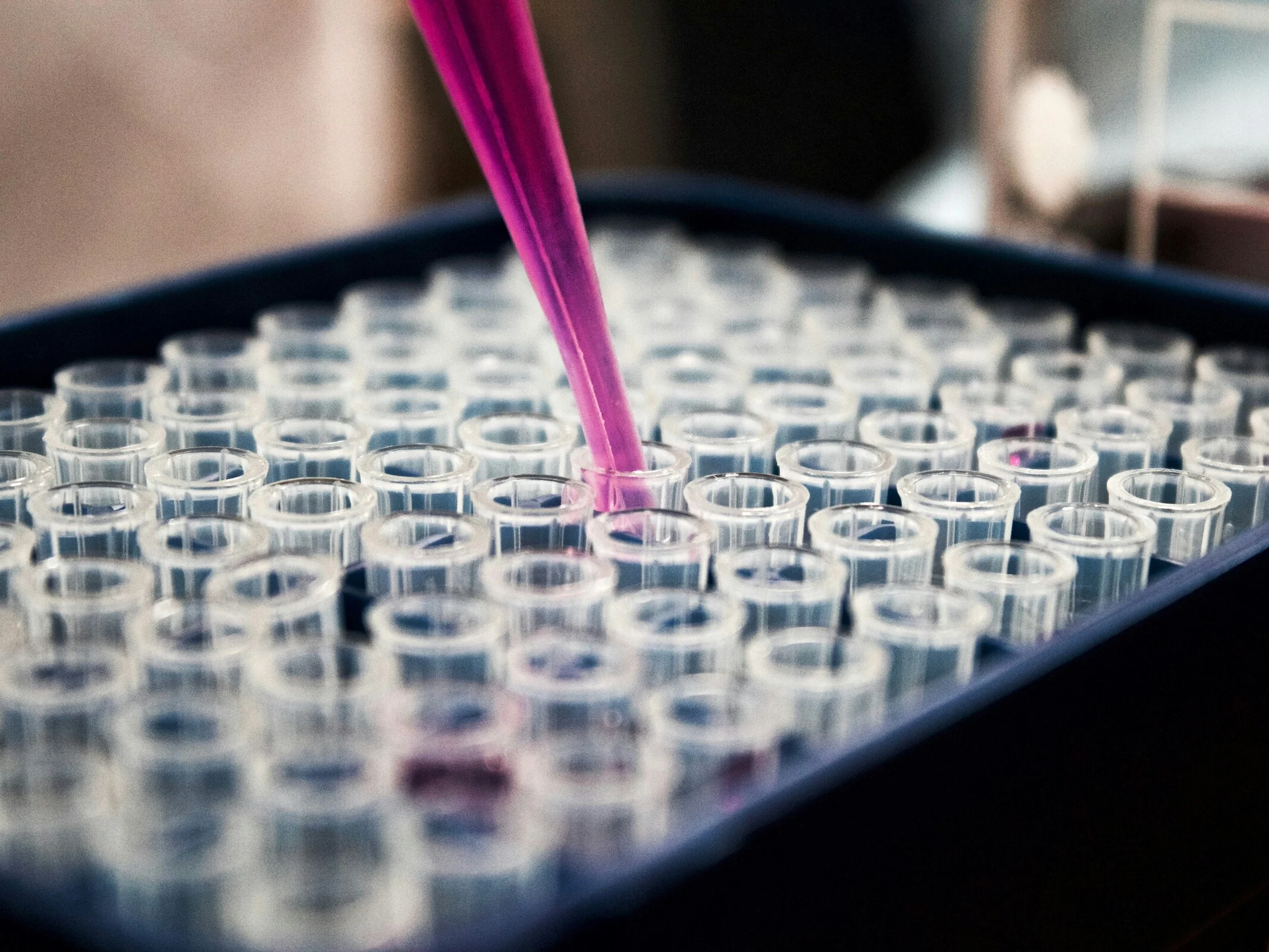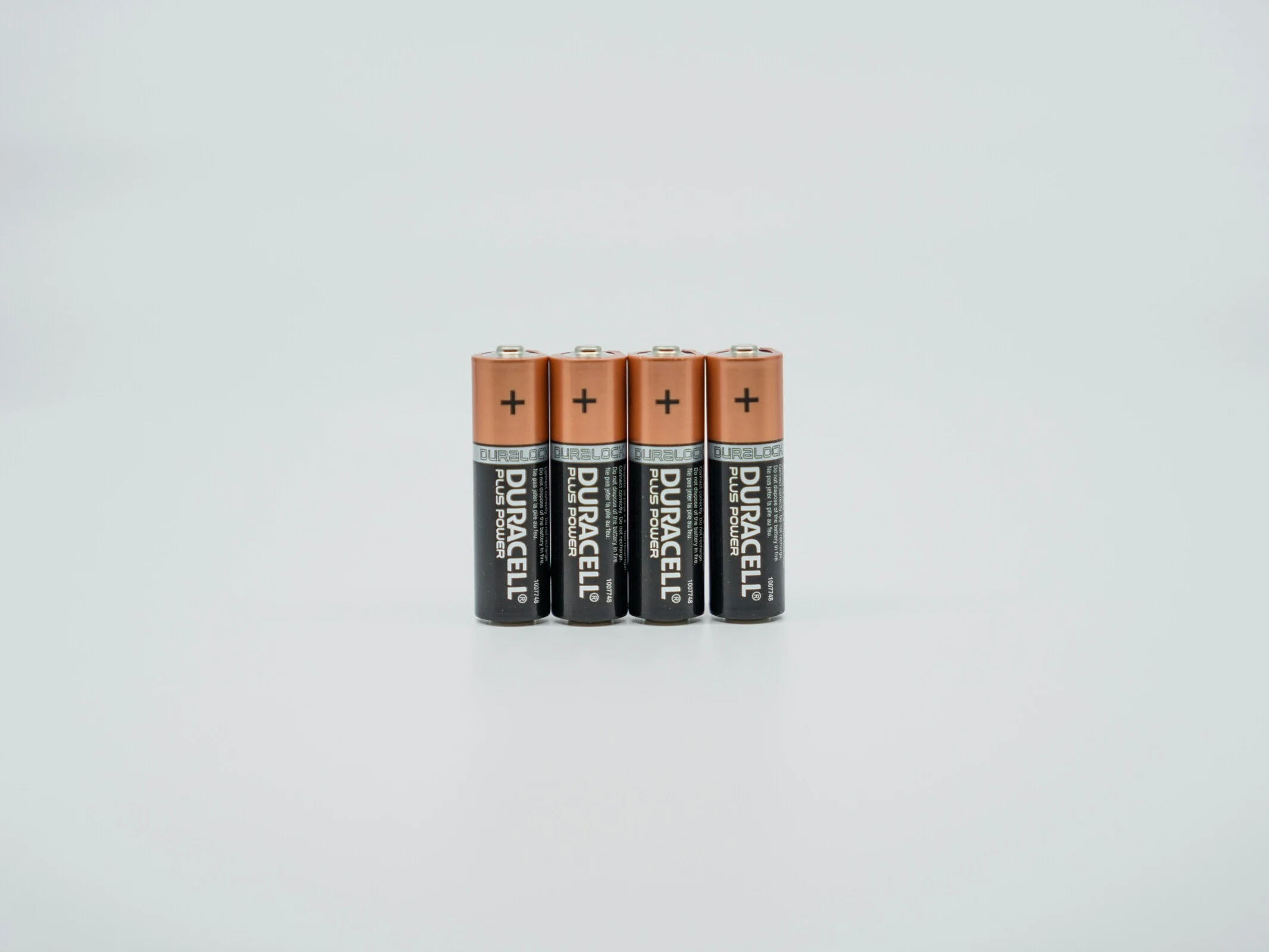Key Takeaways
1. A new AI-powered blood test can predict disease risks up to 15 years in advance.
2. The “Human Health and Disease Proteome Map” was created by analyzing blood samples from over 50,000 individuals over 14 years.
3. Researchers focused on nearly 3,000 plasma proteins to forecast hundreds of diseases, including Alzheimer’s and heart disease.
4. The test aims to be affordable, costing about $5-10, making it accessible for regular health assessments, especially for older individuals.
5. AI is also enhancing drug discovery, potentially reducing research time from 15-20 years to just 3-5 years.
A revolutionary blood test powered by AI might be able to predict the chances of certain diseases as much as 15 years before any signs show up.
New Discoveries in Blood Testing
Scientists from China have introduced the first-ever “Human Health and Disease Proteome Map” after analyzing blood samples from over 50,000 individuals over a span of 14 years. This new technique utilizes artificial intelligence to identify early indicators in plasma, which could lead to diagnosing conditions like Alzheimer’s and heart disease much earlier than before.
Research Developments
Researchers from Fudan University started by investigating nearly 1,500 plasma proteins and focused on 11 that could indicate a future risk of dementia. By widening their study to examine almost 3,000 proteins in human blood and using AI methods, their system can now forecast the risk of hundreds of diseases well over a decade in advance.
“The main benefit of this technology is its capability for early detection at a lower cost,” mentioned Yu Jintai, who is the deputy director of the Fudan University Research Institute and also serves as the Deputy Director of Neurology at Huashan Hospital. The team is currently developing a quick test kit that aims to make this type of screening as easy and affordable as checking blood pressure or blood sugar levels.
Future Implications and Cost
When this test becomes available, it may only cost a few dozen yuan (approximately $5-10). This pricing makes it particularly beneficial for middle-aged and older individuals who require regular health assessments.
This advancement is part of a broader trend in AI-enhanced healthcare in China. For instance, Shen Ning and his team at Liangzhu Laboratory in Hangzhou have used AI algorithms to create a new treatment for children suffering from progeria, and the initial findings seem promising.
According to Shen, AI can significantly speed up the drug discovery process, reducing research time from the usual 15-20 years to just 3-5 years—while also boosting the chances of successful outcomes.
Source:
Link


